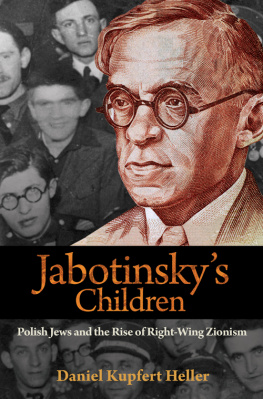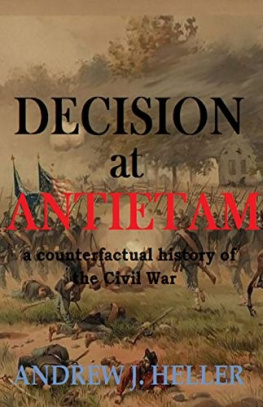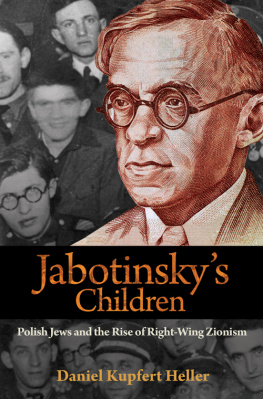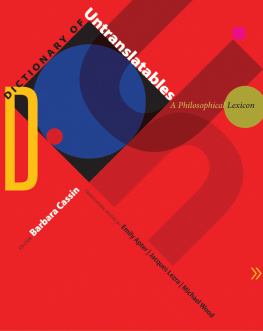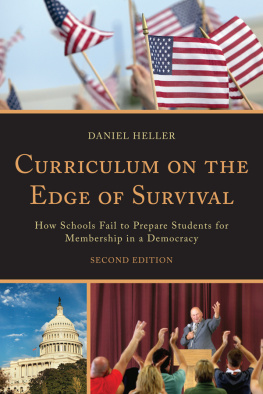Daniel Heller-Roazen - Absentees
Here you can read online Daniel Heller-Roazen - Absentees full text of the book (entire story) in english for free. Download pdf and epub, get meaning, cover and reviews about this ebook. year: 2020, publisher: Zone Books, genre: Detective and thriller. Description of the work, (preface) as well as reviews are available. Best literature library LitArk.com created for fans of good reading and offers a wide selection of genres:
Romance novel
Science fiction
Adventure
Detective
Science
History
Home and family
Prose
Art
Politics
Computer
Non-fiction
Religion
Business
Children
Humor
Choose a favorite category and find really read worthwhile books. Enjoy immersion in the world of imagination, feel the emotions of the characters or learn something new for yourself, make an fascinating discovery.

- Book:Absentees
- Author:
- Publisher:Zone Books
- Genre:
- Year:2020
- Rating:3 / 5
- Favourites:Add to favourites
- Your mark:
- 60
- 1
- 2
- 3
- 4
- 5
Absentees: summary, description and annotation
We offer to read an annotation, description, summary or preface (depends on what the author of the book "Absentees" wrote himself). If you haven't found the necessary information about the book — write in the comments, we will try to find it.
Absentees — read online for free the complete book (whole text) full work
Below is the text of the book, divided by pages. System saving the place of the last page read, allows you to conveniently read the book "Absentees" online for free, without having to search again every time where you left off. Put a bookmark, and you can go to the page where you finished reading at any time.
Font size:
Interval:
Bookmark:
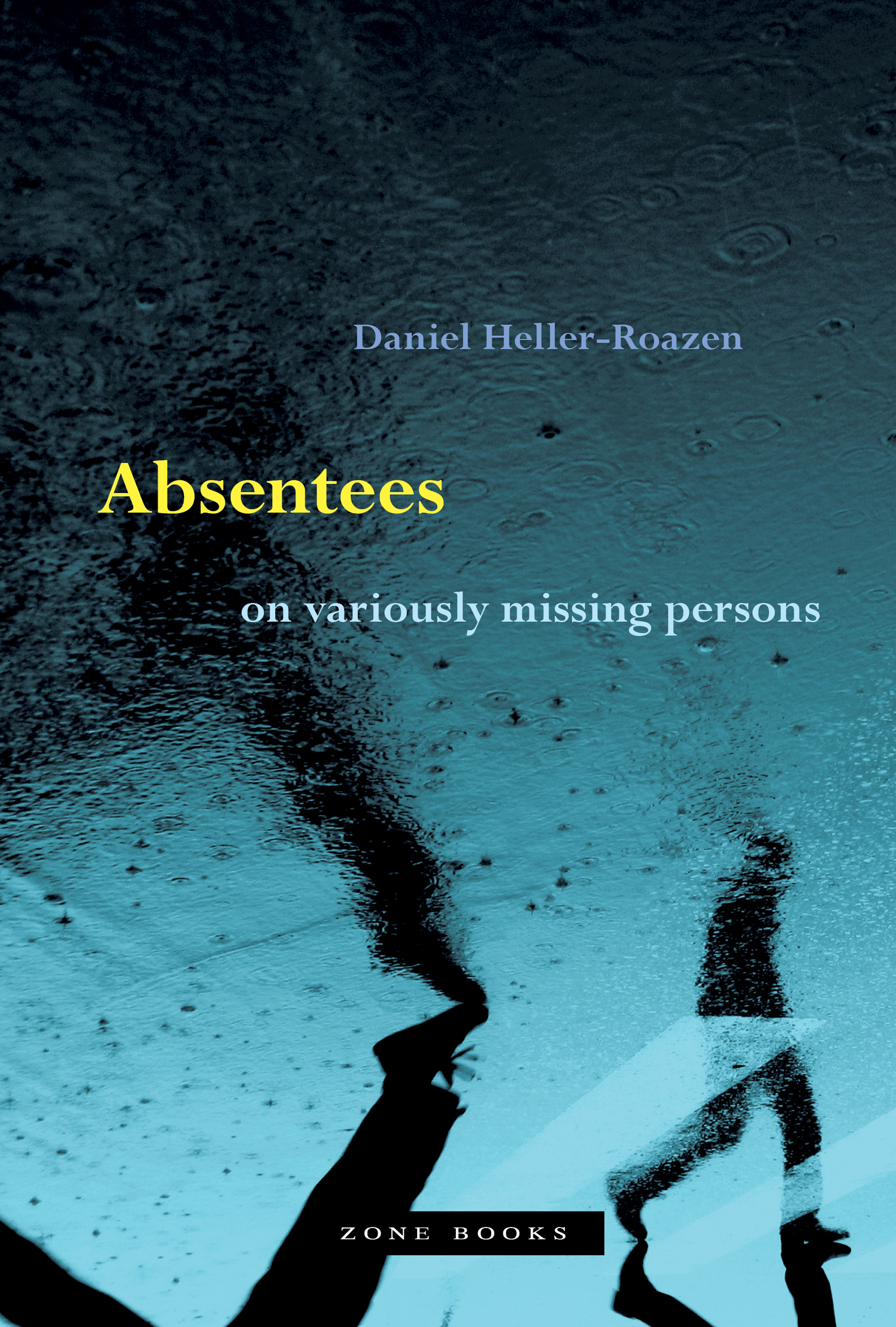
Absentees
Absentees
On Variously Missing Persons
Daniel Heller-Roazen
ZONE BOOKSNEW YORK
2021
2021 Daniel Heller-Roazen
ZONE BOOKS
633 Vanderbilt Street
Brooklyn, NY 11218
All rights reserved.
No part of this book may be reproduced, stored in a retrieval system, or transmitted in any form or by any means, including electronic, mechanical, photocopying, microfilming, recording, or otherwise (except for that copying permitted by Sections 107 and 108 of the U.S. Copyright Law and except by reviewers for the public press), without written permission from the Publisher.
Distributed by Princeton University Press,
Princeton, New Jersey, and Woodstock, United Kingdom
Library of Congress Cataloging-in-Publication Data
Names: Heller-Roazen, Daniel, author.
Title: Absentees : on variously missing persons / Daniel Heller-Roazen.
Description: New York : Zone Books, 2021. | Includes bibliographical references and index. | Summary: From missing persons to disenfranchised civil subjects, from individuals tainted with infamy to the dead, Absentees explores the varieties of nonpersons, human beings all too human, drawing examples, terms and concepts from the archives of European and American literature, legal studies, and the social sciences. Provided by publisher.
Identifiers: LCCN 2020021857 (print) | LCCN 2020021858 (ebook) | ISBN 9781942130475 (hardback) | ISBN 9781942130482 (ebook)
Subjects: LCSH: Missing persons. | Disappeared persons.
Classification: LCC HV6762.A3 H45 2021 (print) | LCC HV6762.A3 (ebook) | DDC 362.88 dc23
LC record available at https://lccn.loc.gov/2020021857
LC ebook record available at https://lccn.loc.gov/2020021858
Version 1.0
There are many ways not to be someone. Were one to attempt an enumeration, one would need to consider at the very least: being a lifeless thing of nature, such as a rock, a mineral, or a lake; being a living thing, such as a plant, an insect, or an animal; and being an artifact, such as an artwork, a machine, or an instrument. Each of these inhuman existences has been and will doubtless continue to be studied in detail. Yet there is also a different way not to be someone, a way that is open to human beings alone. It is to become a nonperson.
Who or what is such a being? The question might be judged of marginal importance were nonpersons rare or of a single sort or were they excluded according to a common rule. The question might be considered secondary were their eventuality, in number or in nature, merely one. The truth, however, is that nonpersons are legion. Whenever someone lays claim to a particular mask, a function, or an identity, they make their presence felt. There is no dwelling that their specters do not haunt. In every community, society, and assembly, nonpersons are lesser ones where lesser points not to a quantity, but to a quality, which is intensely variable in kind.
For nonpersons can play many parts. They are always in some sense missing, yet the forms of their absence and absenting are diverse. Nonpersons may be separated from others. They may be confined. They may be those not represented as the members of a certain group, although, visibly or invisibly, audibly or inaudibly, they move in their midst, disenfranchised in the societies to which they belong. Their dispossession may be limited to a certain interval or extended without reprieve; it can last a season, but it may also stain a lifespan, if not the expanse of memory and forgetting that succeeds it. Those who are legally declared as missing from their place of residence; those who have disappeared without any official recognition; servants, serfs, and slaves; foreigners and visitors; native people; convicts; those of a gender considered out of place; the disabled; the very old; infants and children; the ailing; the dead they, and not only they, compose an unruly multitude. Their number challenges any simple reckoning. In certain cases, they defy comparison.
It might be argued that among human beings, there are mainly, so to speak, such lesser ones. This books wager is that one can nonetheless distinguish some of their many kinds. To that end, a rudimentary tripartition will here be proposed.
A first variety of nonperson comes into being through unexplained disappearances. When persons remove themselves from a place of residence or fail to return as expected and when their departure is declared as such according to the procedures of civil law, persons give way to the nonpersons who are in technical terms absentees: subjects of rights defined by lacking a present body. They persist, for a time, in a legal regime distinct from that of ordinary life and death.
A second type of nonperson results from an inverse configuration. In this case, individuals remain physically present in the societies to which they belong, yet their rights and prerogatives are reduced to the point at which their social, legal, and civil personalities may be nullified. These are people tainted and degraded, who may be judged to be dead even while alive.
A third variety of nonpersons, finally, results from the event of physical decease. In passing into the condition of the cadaver, a person ceases to be someone, without, for that matter, becoming any ordinary thing. Every society, people, and culture encounters that remaining being. It poses an almost insuperable challenge to the powers of naming and representation, even as it incites them.
The missing person, the diminished individual, the deceased: all are nonpersons in a sense that requires elucidation. The logic of the concepts name demands an initial commentary. Like any term prefixed by not- or non-, nonperson is equivocal. Its obscurity has been a spur to thinking at least since Aristotle, in On Interpretation, took the expression nonman or nonperson (ouk anthrpos) as the paradigm of infinite names without lingering on the being that it signified.
The term may be defined in several ways. A first set of understandings reflects the customary belief that the nonhuman must evoke something distinct from human beings: lifeless, living, or artificial things, variously distinct from the people who we are. In an initial sense, nonperson may thus be grasped as shorthand for the negation of person: the denial that the word person applies. This reading is difficult to refute, yet it can also scarcely be developed. One might also aspire to give a more positive characterization. A second possibility is to grasp nonperson as meaning the contrary of person. This thesis, however, assumes that whatever is designated by person admits of a contrary and of one contrary alone. Neither of these claims is certain. There is also a third possibility, which doubles the first, rendering it affirmative. Nonperson can be grasped as the positive expression of anything animate or inanimate, good or bad, real or imaginary that person is not. For this usage to be coherent, however, one must concede that such things that are not persons can be represented as a unity, forming a concept. That is also contestable.
There is also, however, a fourth reading. It is the most troubling of the glosses that one might propose, but it is also the one closest to ordinary speech. In this sense, a nonperson is a person exactly as a nonstarter is a starter, a nonevent an event, or a nonentity an entity. It is, in short, not external to the category of person, but internal to it. This nonperson names the depletion of the notion to which it is bound. If one grants such an understanding of the term, the first and third interpretations of the word will need to be tempered, if not set aside. Person and nonperson will no longer refer to two complementary classes, which, when combined, compose the totality of what there is. Their relations become far more difficult to define. In the concept of the person, the perilous possibility of the nonperson will lie enclosed. Of any nonperson it will then be impossible to state either of these contradictory propositions: It is a person or It is not a person. The realities of an inhumanity all too human will defy this partition.
Font size:
Interval:
Bookmark:
Similar books «Absentees»
Look at similar books to Absentees. We have selected literature similar in name and meaning in the hope of providing readers with more options to find new, interesting, not yet read works.
Discussion, reviews of the book Absentees and just readers' own opinions. Leave your comments, write what you think about the work, its meaning or the main characters. Specify what exactly you liked and what you didn't like, and why you think so.


